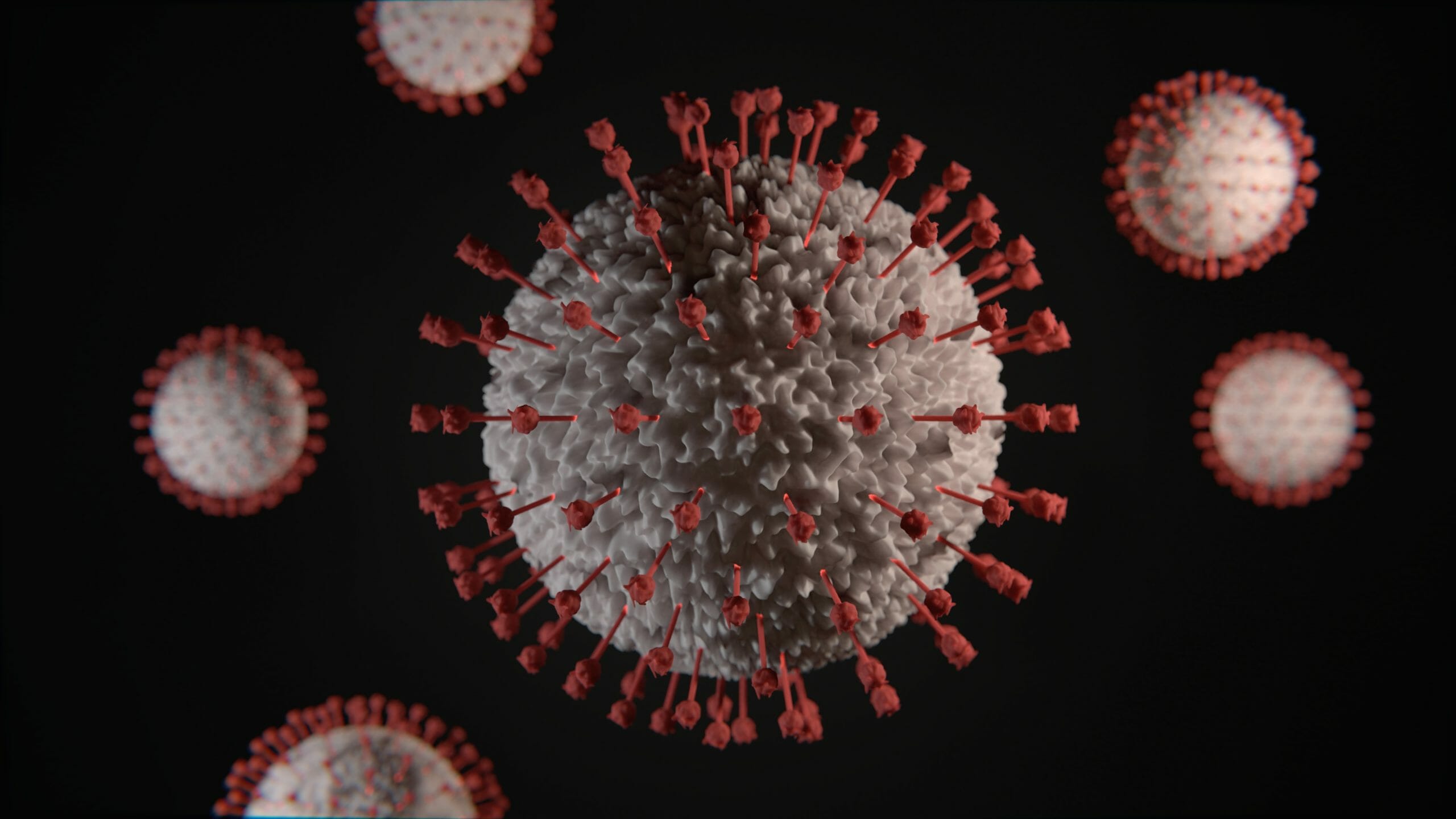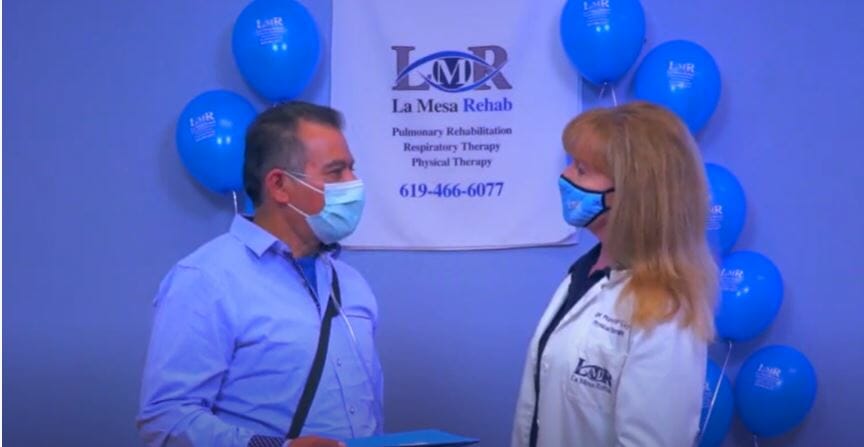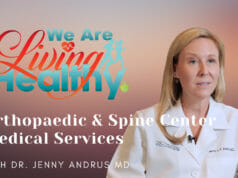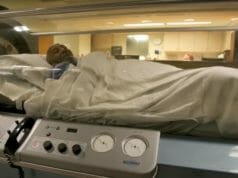La Mesa Rehab has been successfully treating patients identified as “Covid-19 Long Haulers”. These are people who still have debilitating symptoms long after the virus seems to have left. The recovery process from COVID-19 is variable, and depends on the severity and duration of the initial episode.
Long Haulers
Acute COVID usually ends well by four weeks as symptoms subside. Persistent and post-acute COVID-19 symptoms are characterized by slow, incomplete recovery with symptoms lasting greater than 12 weeks. The common symptoms – fatigue, dyspnea, chest pain, and cough – occur in up to 89% of cases. Most patients experience more than one of the common symptoms. Neurologic and psychological symptoms occur in 25% of the patients.
Risk Factors
The risk of contracting symptomatic COVID-19 is dependent not only on age and the dose of viral exposure, but also on background comorbid risk factors outline in Table 4. Some risk factors are clearly established (i.e., cancer, COPD, chronic renal disease, arteriosclerotic vascular disease) while others are probable and not clearly established (i.e., asthma, dementia, liver disease). Recovery time is variable and modified by the number of comorbid risk factors. Recovery time increases as the number of risk factors increase.
Rehabilitation
Successful rehabilitation of patients recovering from COVID-19 must be structured to identify and eliminate specific symptoms. One-size rehabilitation does not fit all. The most common symptom of lingering disease is fatigue. This is addressed by a comprehensive monitored exercise program which includes exercise to increase stamina as well as exercise to increase strength. Thus, a monitored walk or treadmill trip, coupled with muscle strengthening of the upper trunk muscles is optimum. The exercise frequency must be adjusted to push the patient to anaerobic metabolism with the conversion of pyruvate to lactic acid. Such a program will shift the aerobic threshold, which is indicative of improved muscle energetics.
Dyspnea is addressed by adjusting breathing patterns to avoid unnecessary deep breathing and sighs. Controlled breathing during exercise is essential.
Chronic cough should be approached by controlling tidal volume during exercise. Tracheal anesthetics (Tessalon), which blocks stimulation of the afferent cough receptors, may help reduce cough. Chest discomfort should be the point of exercise interruption with a rest period until pain subsides.
Neurological Changes
Neurologic (psychological) changes associated with COVID-19 include post-traumatic stress disorder (PTSD), changes in memory and concentration, anxiety, and depression. PTSD, anxiety, and depression are the most common neurologic disorders occurring in about 25% of the patients. The rehab experience with therapists and social contacts mitigate these by way of the companionship which occurs in the rehab experience. Psychological and psychiatric interventions should be available but are not often necessary in a structured program.
Covid-19 Survivor
Jesus Mendieta is a Covid-19 survivor and patient at La Mesa Rehab. Click on the video below to here his story of overcoming the virus and how he’s rehabilitating.
Persistent symptoms can affect functional ability and impair independent living. About 40% of patients in rehab become independent in all activities of daily living (ADLs) at 30 days. However, 40% of the patients are unable to return to normal activities after 60 days and a longer rehabilitation program may be required. La Mesa Rehab structures each rehab protocol to be individual to the patients needs and goals. For more information, visit www.LaMesaRehab.com or call 619-466-6077.













